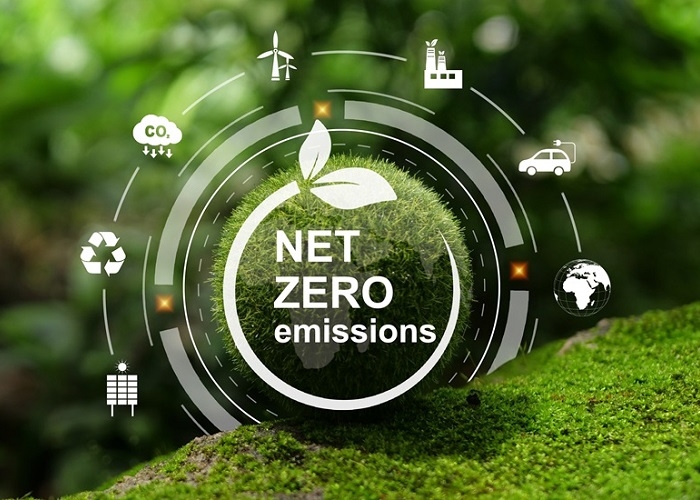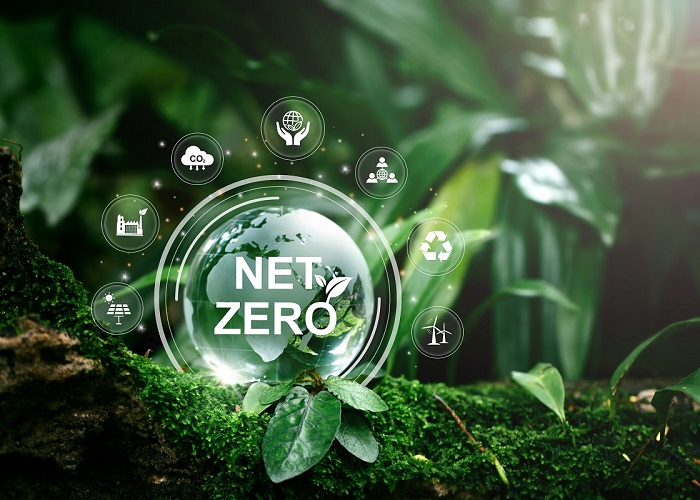Net-Zero






What is Net-Zero?
Net-zero refers to the goal of completely eliminating greenhouse gas emissions or offsetting the environmental impacts of emissions. A critical concept in the fight against climate change, net-zero drives emission reduction strategies that are essential to limit global warming to 1.5°C. Achieving this goal involves investing in renewable energy sources, improving energy efficiency and developing carbon capture and storage technologies. At the same time, individuals, businesses and governments need to adopt sustainable practices and reduce their carbon footprint. The process of achieving net-zero requires far-reaching structural and behavioural changes and requires international cooperation and policy support to achieve long-term sustainability goals.
What is the Net-Zero Goal?
The Net-Zero goal is supported by international agreements such as the Paris Agreement, and many countries have developed national strategies to achieve this goal. Companies and cities also aim to contribute to environmental sustainability by making net-zero commitments. Achieving net-zero includes protecting and enhancing natural carbon sinks, preserving forests and reforestation. This goal encourages the development of green jobs and technologies, balancing economic growth with environmental sustainability. Net-zero can be achieved not only through technological solutions, but also by changing our consumption habits and lifestyles. As a result, net-zero is a critical milestone in the fight against climate change and an important step towards creating a more sustainable and liveable world for future generations.
